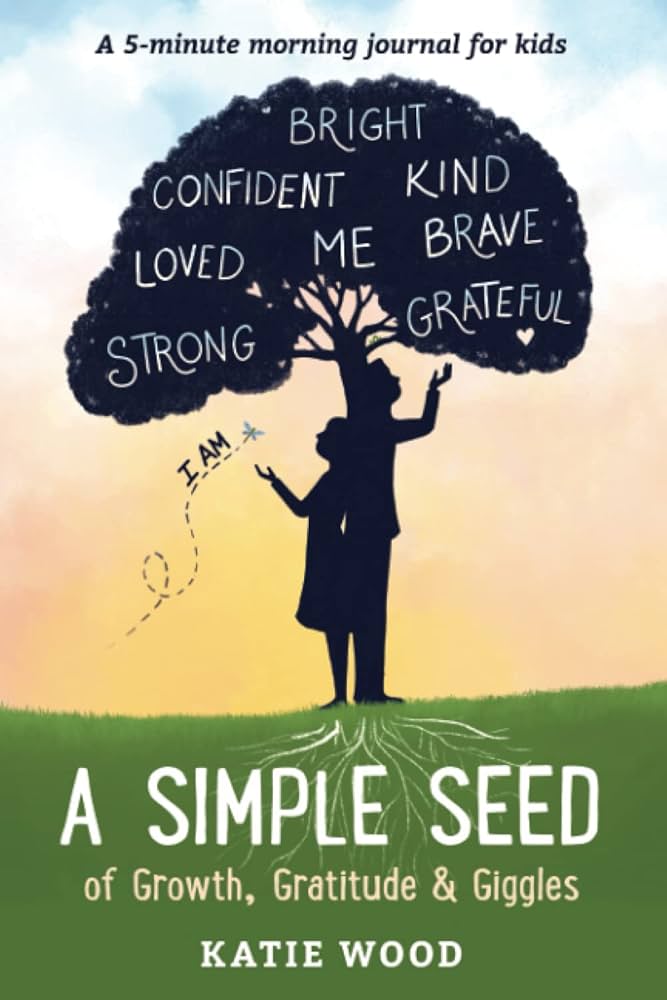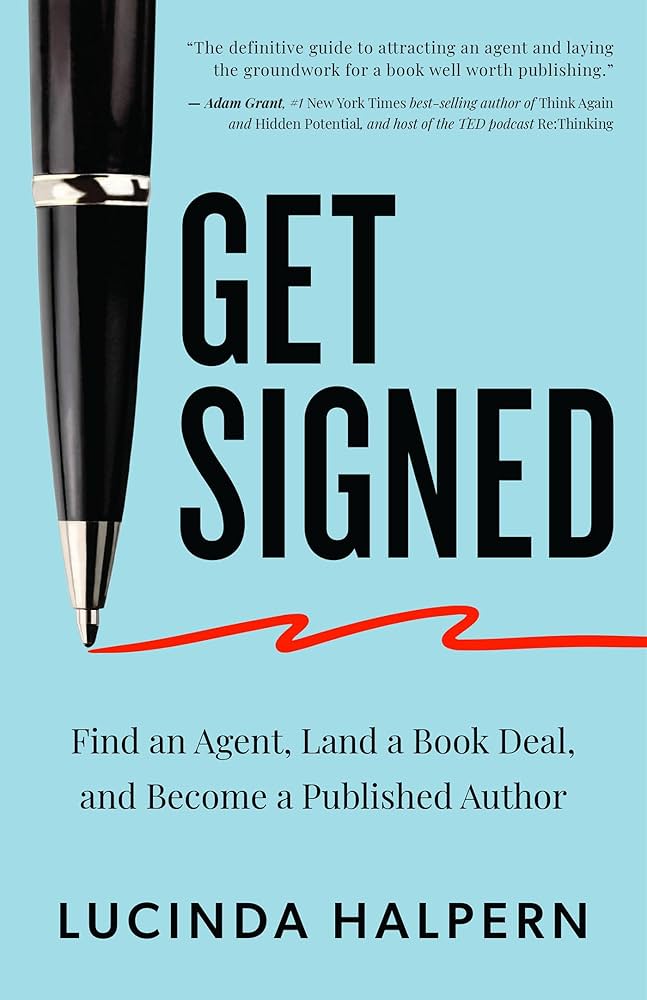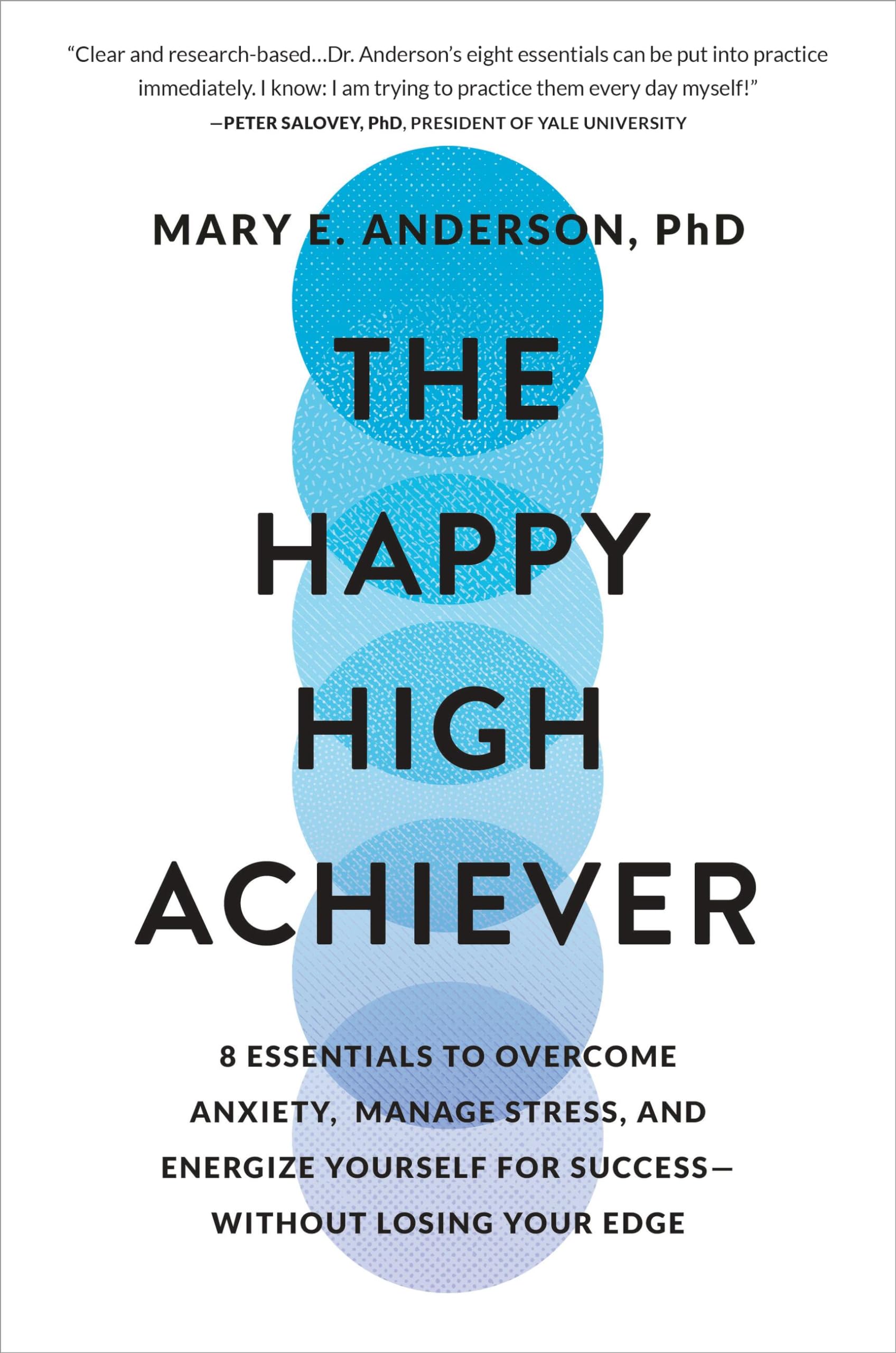Search
24 Things We Learned About Publishing In 2024
December 20, 2024
2024 has been quite the year for Lucinda Literary! As the year comes to a close. The Lucinda Literary team reflected on 2024 things we learned about publishing this year that helped us become better agents, writers, and even readers. Hopefully these insights can be helpful to you in your 2025 publishing journey.
In 2024, we learned…
- Just how many people want to write books! Earlier this year, I launched Get Signed: Find An Agent, Land A Book Deal, and Become A Published Author, and it’s allowed me to connect with so many aspiring authors across categories. I’ve come to find such joy in encouraging and educating writers in their craft and pitch! I believe that for every writer, there’s a voice to be heard and a breakthrough to be made.
- So much of the publishing industry is still shrouded in mystery. Want to learn how agents and publishers really make acquisitions decisions? It’s simple. They base their bets on comparative titles (aka “comps”) or “lookalikes” to an existing book that’s been profitable.
- Shorter and sweeter is best. Readers and publishers alike are seeing the value of shorter form & smaller trim books, especially in the practical or gift space (but even for novels and memoirs).
- Self-publishing can get you far, even in the traditional publishing sphere. Many authors signed by Lucinda Literary this year, like Katie Wood, began as self-published authors. Agents and publishers will see potential in a self-published project that is getting attention—self-publishing is where it’s at for finding talent!

- Publishers want to see engaged authors. Publishers love it when a writer doesn’t just have an audience, but an audience they’re in touch with. Our recent clients, Meygan and Casey Caston, do a great job of communicating online with their fanbase.
- In today’s agenting world, “referral” is the word. While we are always on the lookout for the next stellar query letter from the submissions pile, Lucinda Literary, like many other agencies, gets most of our clients via referral. This is why networking with other authors and writers who can help get your foot in the door can be the best use of your time, especially as you’re querying or prepping to publish.
- With that last point said, sometimes it’s better to let agents come to you. It’s not uncommon for agents and editors to scout authors whose content we are already following along on social media or have seen in the media. Let a book be an extension of what you already do and a natural next step in your career—not the very beginning of it.
- Readers are hungry for fiction. Some of the year’s biggest bestsellers have been All Fours by Miranda July, Intermezzo by Sally Rooney, and Martyr! by Kaveh Akbar, which is his debut novel. Readers still want to be transported and fall in love with new characters.
- The best thing writers can do? Read in your category. (But feel free to draw inspiration outside of your category, too.) Knowing your comparative titles and, what I call in Get Signed, your “differentiator” is the strongest way to convince an agent or publisher of your Big Idea.

- Lean into creative discomfort. It’s often tempting to write what you know or what’s popular, but finding a unique argument to add to the conversation is a sign that you’re on to a Big Idea. Speaking of sitting with discomfort, author Jonathan Haidt has made a career of challenging assumptions about ourselves. Now he’s written the biggest and most essential nonfiction book of 2024, The Anxious Generation.
- Sometimes a genre departure can be just what your career needs, for agents and authors alike. Our agent Kelly Bergh said, “If you had told me this time last year that I’d represent multiple poets, I’d have laughed. But as it turns out, I love poetry, and working with Josie Balka and Joey Kidney has inspired me to scout even more poets who have grown large audiences on social media. There’s such anticipation from Josie’s fan base for her first book I Hope You Remember, which was a #1 new release 8 months before it’s even due to publish!”
- Try a fresh angle on the world. Books that stand out amongst the rest achieve this feat: they demonstrate a unique point of view within its category, all while highlighting a universal theme that brings in readers, whether they are familiar or new to the topic. This quality is one of the biggest factors that convinced our own agents to take on a number of their clients this year. Put simply, a successful book pitch will differentiate itself from what else is out there, contributing something meaningful to the discussion.
- Writing is a group effort. The solitary writer is certainly an aesthetic image, but no book is made without support. Whether it be a traditional publishing team or the communities of beta readers fueling self-publication, take value from the opinions of those reading your work and embrace the collaboration of the craft.
- Networking doesn’t need to be scary! For the novices and introverts, networking can be an intimidating obstacle to publishing. It’s also one of the best ways to learn: True effort towards listening and asking the right questions will yield new knowledge from every conversation. Be excited by the opportunity to meet new people and form genuine connections!
- Subjectivity is a balance. As storytellers, we all rely on our subjective experiences to write, produce, and interpret literature. It’s key to the craft! While your subjectivity will be a driving force towards creativity, keep an open mind to let your values exist alongside learned advice from professionals in the industry.

- Niche may be bigger than before. As I say in Get Signed, “a book for everyone is a book for no one,” whereas a book with a targeted reader is poised for longer-term success. We represent several books of this kind, such as the recent release The Happy High Achiever by Dr. Mary Anderson.
- AI may be a fear for the industry, but many in publishing are embracing it as a catalyst for chance. AI can be an editor, thought partner, critic, and idea generator. Publishers, agents, and authors alike are using AI tools to enhance and accelerate what’s typically been a long and arduous process. Though, writing still very much involves a human component—whether that’s your voice on the page, your platform, or the particular ways in which you interact with an audience.
- Never say never. If you relate to the Crusader Writer Type described in Get Signed, you will find innovative and multiple ways to query agents, and never before has this been more possible with the visibility the internet offers. Plenty of authors are passed on before they find the one partner who matters.
- Publishing might obsess over the next big thing… but truly great books get better with age. Think about how you can demonstrate your own book’s backlist potential, which is what publishers call titles that sell for years and years to come.
- Research matters! The market drifted away from researched nonfiction for much of the past decade. It’s making a comeback. People crave insight from those who make a living out of knowing all they can about a subject. That’s something readers can’t do themselves (not about all the many subjects they want to read about at least!).
- There are experts, then there are the people the experts want to hear from. Those are the authors people really want to read.
- Trends in book design have never been more evident. It might seem unimaginative, but consumers identify the vibes and attitudes of books by the way they’re presented. Fitting in can work, though so can a radical departure when trends go stale.
- Readers still love their neighborhood bookstore. Seeing what’s new, what’s old but enduring, what niche your local bookseller loves enough to stock even if it doesn’t sell as much as the shiny new titles—and talking about it all with someone who loves books enough to spend their working lives handselling them. In the post-pandemic world, people love browsing in bookstores.
- Reading has no substitute. All over the English-speaking world, chain bookstores have been reclaiming square footage for books and reducing the amount of non-book merchandise they carry. Whatever the reason, if books are part of your life, as a writer or reader (or both!), take heart. Books are back!
We cannot wait to see what comes next for you and your books in the New Year!
If you’re just starting out, explore our beginner resources on Get Signed







